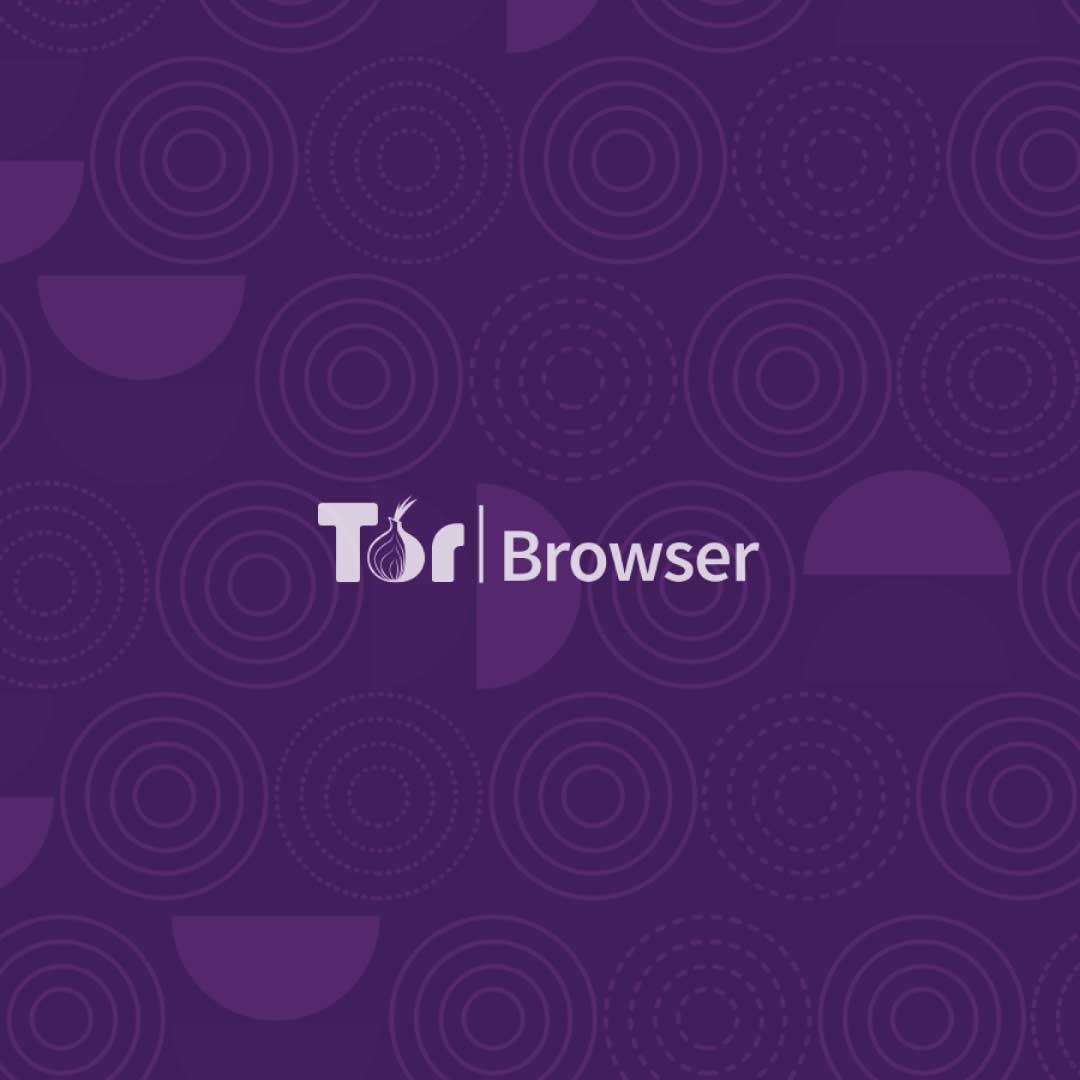Twitter is an American microblogging and social networking service on which users post and interact with messages known as “tweets”.
Twitter Inc. has released a version of its social media service that is compatible with the Tor browser. Because of Russia’s recent crackdowns on freedom of expression, this change could help protect user activity and information from surveillance if this feature is implemented.
In place of a “.com,” websites on Tor utilize a “.onion” domain and are only accessible through the Tor browser, which conceals the user’s location and activity. There are currently a lot of respectable organizations. onion domains, despite the fact that the “black web” is commonly associated with Tor.
Read Also: The deadly cyber Russia-Ukraine war
Following Russia’s invasion of Ukraine, Twitter has been blocked in the nation for more than a week. In Russia, Facebook has been completely prohibited for continuing to fact-check Russian state-controlled media. Both social media platforms have stated a wish to find a means to function in the nation so that people may contact individuals outside of Russia and have access to non-Russian news sources.
“Making our service more accessible is an ongoing priority for us,” a Twitter spokesperson said in a statement. “This has been in the works.”
About Tor browser.
Tor, short for The Onion Router, is a free and open-source package that allows users to communicate anonymously. It hides a user’s location and usage from anybody doing network surveillance or traffic analysis by routing Internet traffic over a free, international volunteer overlay network with over 6,000 relays[8]. Tor makes it more difficult to track down a user’s online behavior. Tor’s purpose is to safeguard its users’ personal privacy, as well as their freedom and capacity to communicate in confidence, by preventing their Internet activity from being monitored.




